Iron is one of the most important minerals in the human body. There is almost no cell in the body, which does not contain iron, but it is found in the largest quantities in red blood cells.
The health benefits of iron are numerous and it is vital to prevent the so-called - iron deficiency anemia. However, do not worry, because it takes some time to develop iron deficiency anemia, because the body uses stored iron to build new blood cells. If for one reason or another you do not get enough iron for a long time, at some point the symptoms of the deficiency will appear.
There are two types of iron that are absorbed - heme and non-heme. Heme iron is found in animal foods and non-heme iron comes from plant sources. If obtained in adequate quantities, the body is well supplied with iron and no dangerous deficiencies will occur. However, it is good to note that non-heme iron is not as effective - in other words, the body does not absorb it as well as heme.
Just because you include iron-rich foods in your diet doesn't mean that all the iron you have is available to be used by your body. There are substances in the food we eat that increase the absorption (absorption) of iron and others - that inhibit it (slow down).
Meat helps both to increase the concentration of iron and its absorption. If you are a vegetarian, you should eat foods rich in vitamin C. This vitamin improves the absorption of iron in your body by 20 times. It is extremely important for better absorption of non-heme iron.
Why is vitamin C so important for the proper absorption of iron?
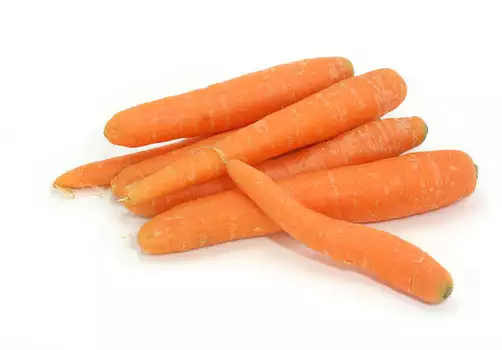
The explanation lies in the fact that in order to be well absorbed, iron must be converted into ferritin. The process takes place with the help of the action of gastric juices, and they, in turn, contain hydrochloric acid and vitamin C.
Many fruit and vegetables are good sources of vitamin C - carrots, broccoli, Brussels sprouts, cabbage, melons, cauliflower, citrus fruit and their juices, green and red peppers, strawberries, papaya, tomatoes and many others. Other plant substances also improve the absorption of iron, but vitamin C plays a major role.
However, it is important to note that too much vitamin C can lead to folic acid deficiency, which is also very important for health. Therefore, it is best to be careful with the intake of vitamin C and to get only the necessary amount.
The use of cooking utensils such as cast iron or metal trays, pans and pots can also increase the concentration and absorption of iron.
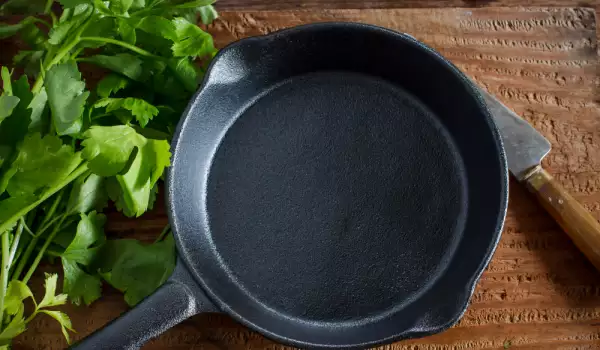
This happens especially when cooking sour dishes such as tomatoes or tomato sauce. The acid in them corrodes to a very small extent the metal from which they are made, so that iron ions from it pass into food.
Other substances in food can interfere with your body's proper absorption of iron. One of them is tannic acid, which is contained in tea. In poor countries, where there is a shortage of foods rich in vitamin C, the tradition of drinking tea tilts the scales in the body and leads to iron deficiency. This will not happen if you eat a varied and balanced diet containing fruit and vegetables.
Some spices, calcium in dairy products, some substances in whole grains reduce your body's ability to properly absorb iron. If you intake more than 300 mg of calcium per day, the risk of poor iron absorption is real.
Among the foods that interfere with the absorption of iron are the eggs, which many of us love. Eggs contain the compound fosvitin, which mainly interferes with the absorption of iron from plant sources.
Chocolate and coffee are also enemies of the proper absorption of iron. They contain phenolic ingredients, whiich also interfere with the absorption of iron from plant sources.
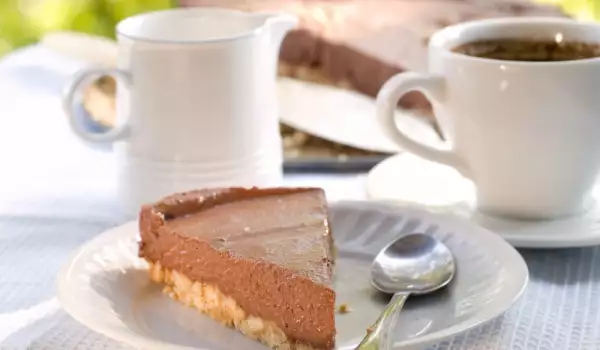
Although useful in many ways, nuts contain phytates, which act as natural blocking agents for iron and can reduce its absorption by as much as 50-65%.
It is good to avoid too much fiber. While it is true that fiber helps reduce bad cholesterol and improves digestion, too much high-fiber foods will cause problems for people who are prone to problematic iron absorption.
Fiber causes food to pass faster through the digestive system, which automatically means that iron also passes too quickly and is not properly absorbed.
This does not mean that you should exclude them from your diet. Eat a variety of foods, which will compensate for and slow down the absorption of iron. Follow a blanced diet and do not deprive yourself of important nutrients.
At the same time, do not abuse the intake of harmful foods, which put extra strain on the stomach. If you have concerns about iron deficiency, it is best to consult a doctor.
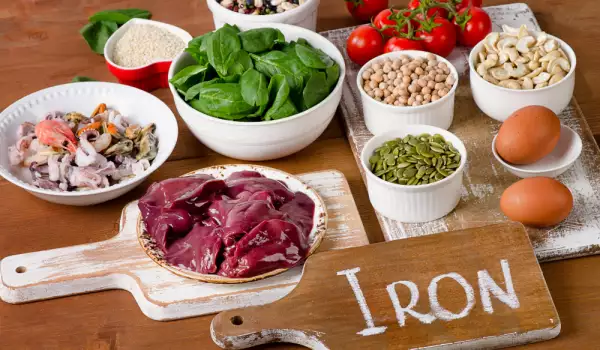
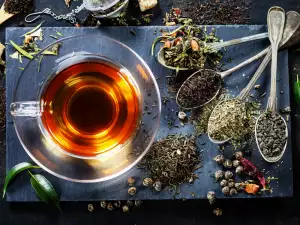
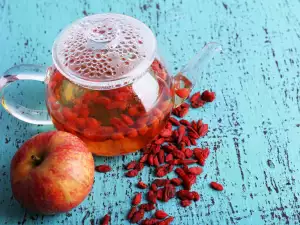
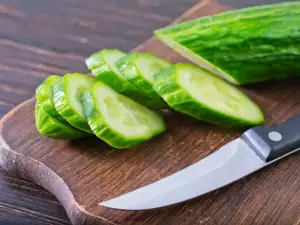
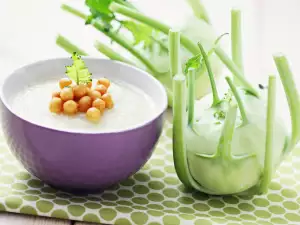

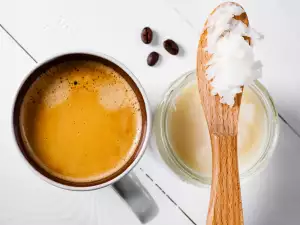
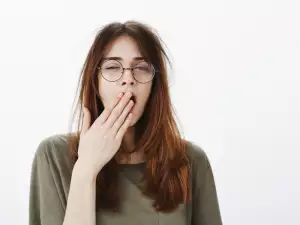
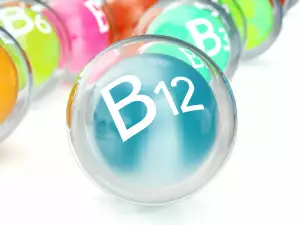
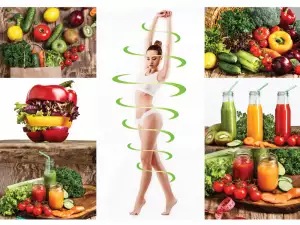
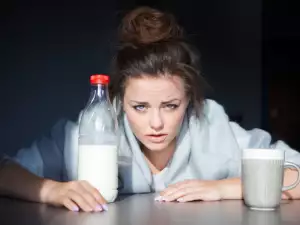
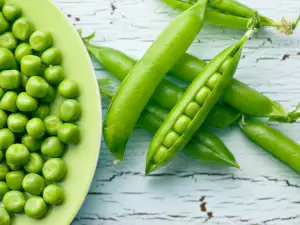
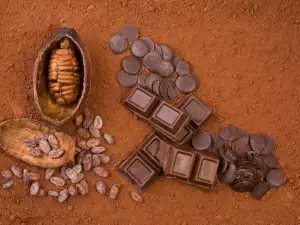
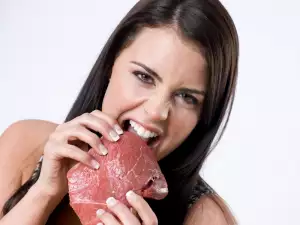
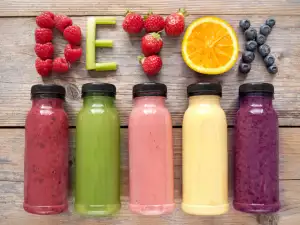
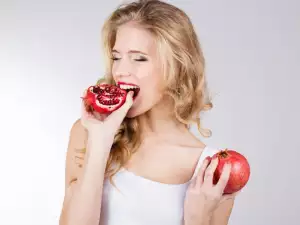




Comments